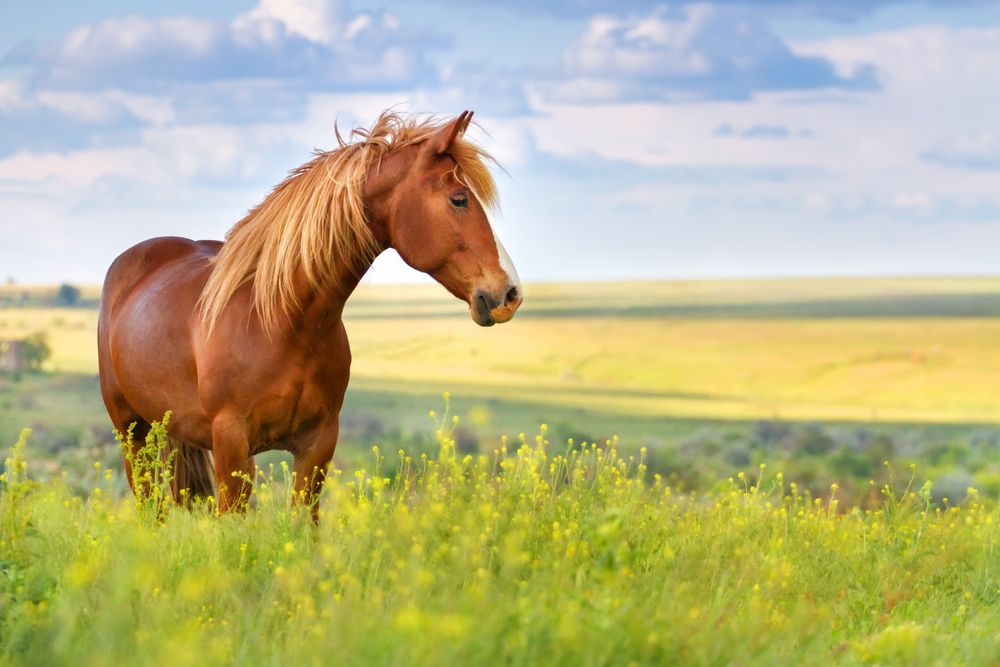Source: EquiManagement
Equine grass sickness (EGS) is a devastating disease with an 80% mortality rate, affecting both wild and domesticated equids worldwide. It damages the autonomic nervous system, leading to severe health issues like liver damage, heart damage, and total gastrointestinal stasis. Acute cases are fatal within two days, while chronic cases have a 50% survival rate but can result in long-term neurological damage.
Despite being recognized for over a century, the cause remains unclear, and there is a misconception that EGS is limited to Scotland, despite cases globally. Risk factors include seasonal changes, diet shifts, pasture changes, and stress. Diagnosis is challenging without a definitive antemortem test, but post-mortem tissue sampling is effective. Efforts to raise awareness and collect global data are ongoing through initiatives like the EGS Biobank project and collaborations with international organizations. Awareness and reporting are crucial for understanding and managing EGS.
Read the full story HERE: https://equimanagement.com/research-medical/disease/equine-grass-sickness-a-global-concern/

